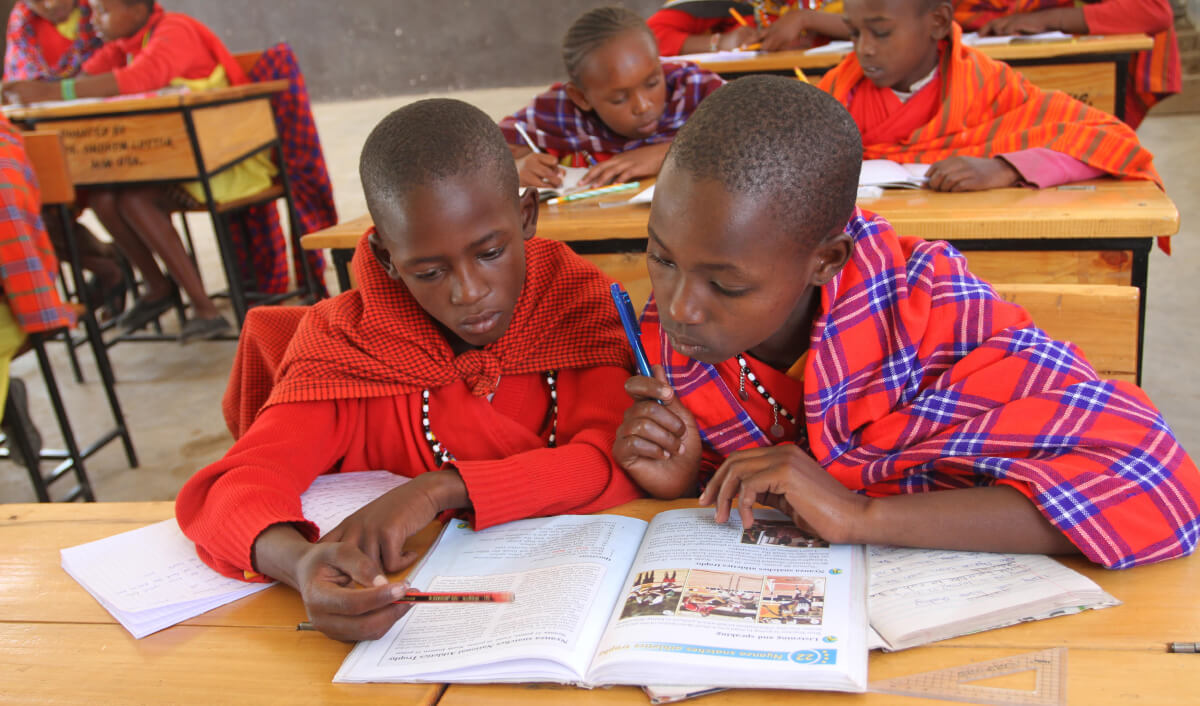by Travis Day, GoPhil Director of External Communications
This year’s International Day of Education on January 24th presents a global need to ‘Recover and Revitalize Education for the COVID-19 Generation’.
“Now is the time to power education by stepping up collaboration and international solidarity to place education and lifelong learning at the center of the recovery.”
• UNESCO •
We mustn’t overlook the fragility of the world’s current education systems in the wake of the Covid-19 pandemic. This global crisis is rapidly exacerbating pre-existing education disparities by reducing opportunities for many of the world’s most vulnerable children to continue learning. Diminished access to education threatens to extend beyond this generation and erase decades of progress, not least in support of girls and young women’s educational access and retention.
At GoPhil, we believe that in education lies every human being’s right to access their true potential in life. Education is at the heart of nearly everything that we do at GoPhil. We are committed to ensuring that everyone has access to quality education and the tools needed to learn, empower oneself, and contribute to humanity. Education is a thread deeply woven within all GoPhil partnerships and their work on the front lines every day.
Even at the best of times, providing education to the world’s most marginalized people and disadvantaged communities can be incredibly challenging. Yet, GoPhil partners tirelessly dedicate themselves to ensuring that participants receive equal access to learning opportunities. As the COVID-19 pandemic began to ravage and disrupt the world, we were astounded time and again as partners stepped to the plate without hesitation, designing and implementing innovative ideas and exhibiting extraordinary resilience that continues to amplify their work and strengthen their communities. Partners who work primarily in healthcare or human rights quickly adapted to becoming leading educators themselves, creating learning tools and programs that support safety protocols and educate on how to mitigate the spread of the virus.
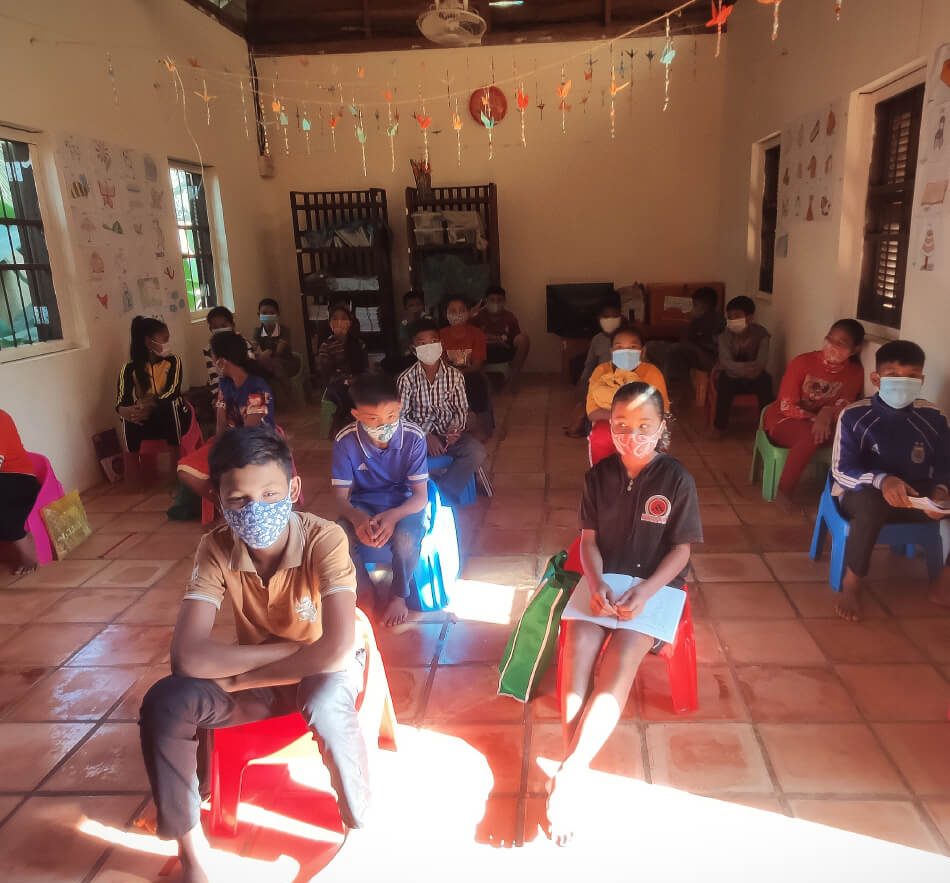
Although the global scope of problems surrounding education is alarming, we wish to take a moment to reflect on some of the incredible progress that has transpired over these last several months, with a brief look at a few of the most remarkable advancements in education from GoPhil partner programs.
LANGUAGE MATTERS IN GUATEMALA
As the pandemic reached Guatemala, news and updates about infection risk quickly spread throughout the country, but in Spanish. Meanwhile, there are 20+ Mayan languages across the country. GoPhil partner EntreMundos was quick to partner with eight grassroots groups to develop awareness-raising activities, including informational videos in various Mayan languages, that reached over 20,000 families.
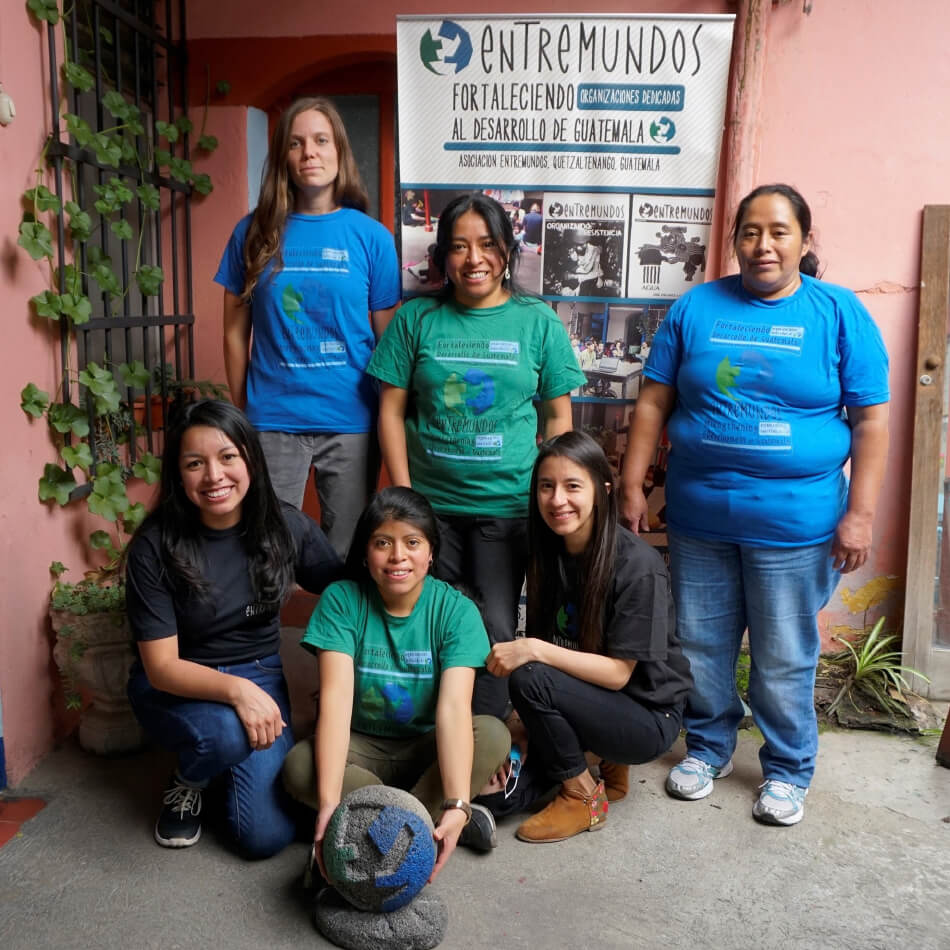
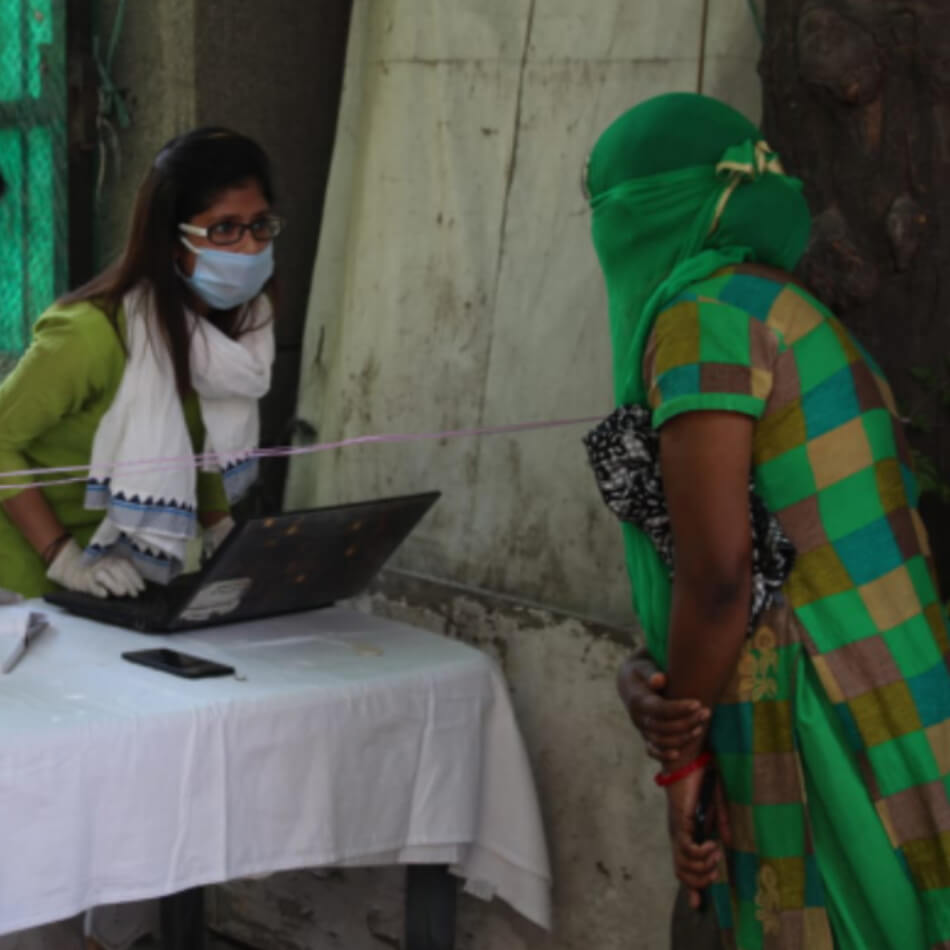
ONLINE SKILLS DEVELOPMENT IN INDIA
Throughout the pandemic, Shakti Shalini has seen a rise in domestic violence in the communities where they work. Shakti staff have continued to house survivors of violence in the Pehchan shelter while also engaging survivors in skills development through online learning with KVK, their skills development program.
LEARNING PACKS IN NEPAL
GoPhil partner Collaborative Schools Network quickly created Learning Packs – 60-page booklets to help students keep up with their studies while schools were closed. The learning packs were distributed for free through networks of partner organizations and also utilized by the local government.
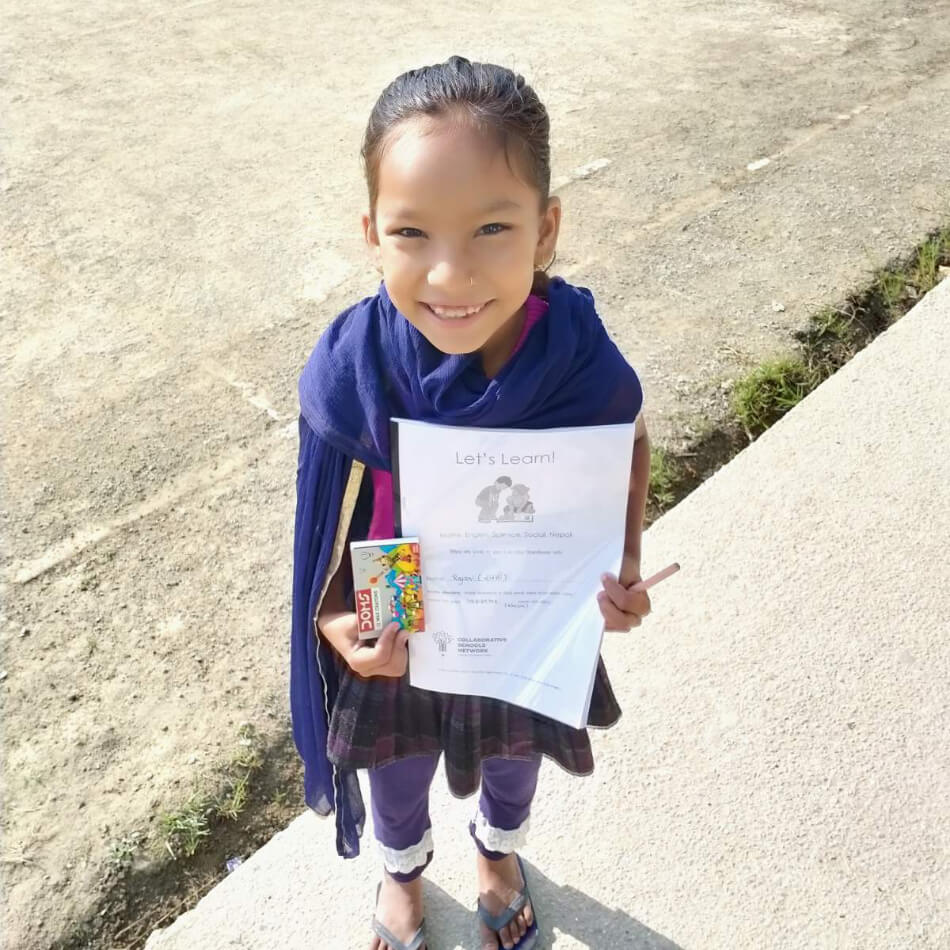
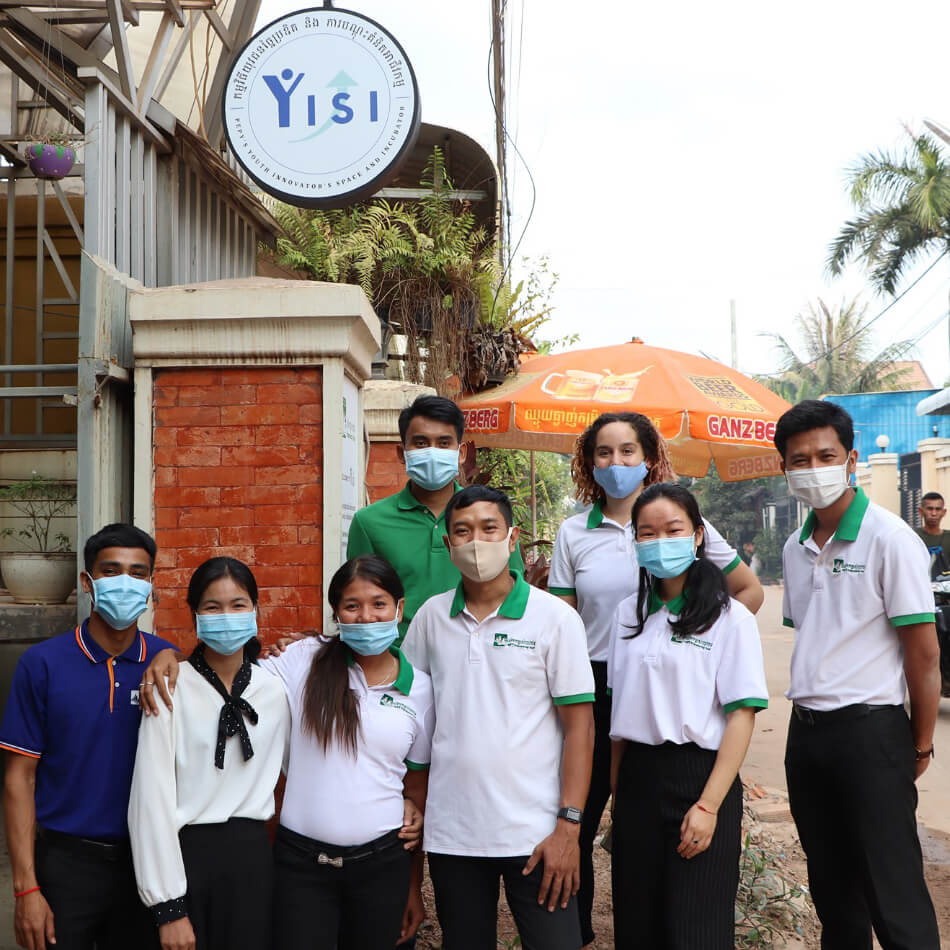
BROADER ACCESS TO SCHOLARSHIPS IN CAMBODIA
PEPY Empowering Youth is prioritizing their Scholarship Project for fundraising over all other initiatives through 2021 to increase the number of scholars they can support. Realistically, they may have to consider changing their scholarship approach to push more vocational programs and make university study the exception and not the rule.
EDUCATION CENTERS IN INDIA
In response to Covid-19, Vikalp Sansthan established Learning & Education Centers in 17 locations, where children from marginalized and low-income communities come to continue their studies, even under the complete closure of all government and private schools. Vikalp intends to keep vulnerable children connected to their studies, recognizing that ongoing access to education will minimize the expected increase in child marriage rates and child labor.
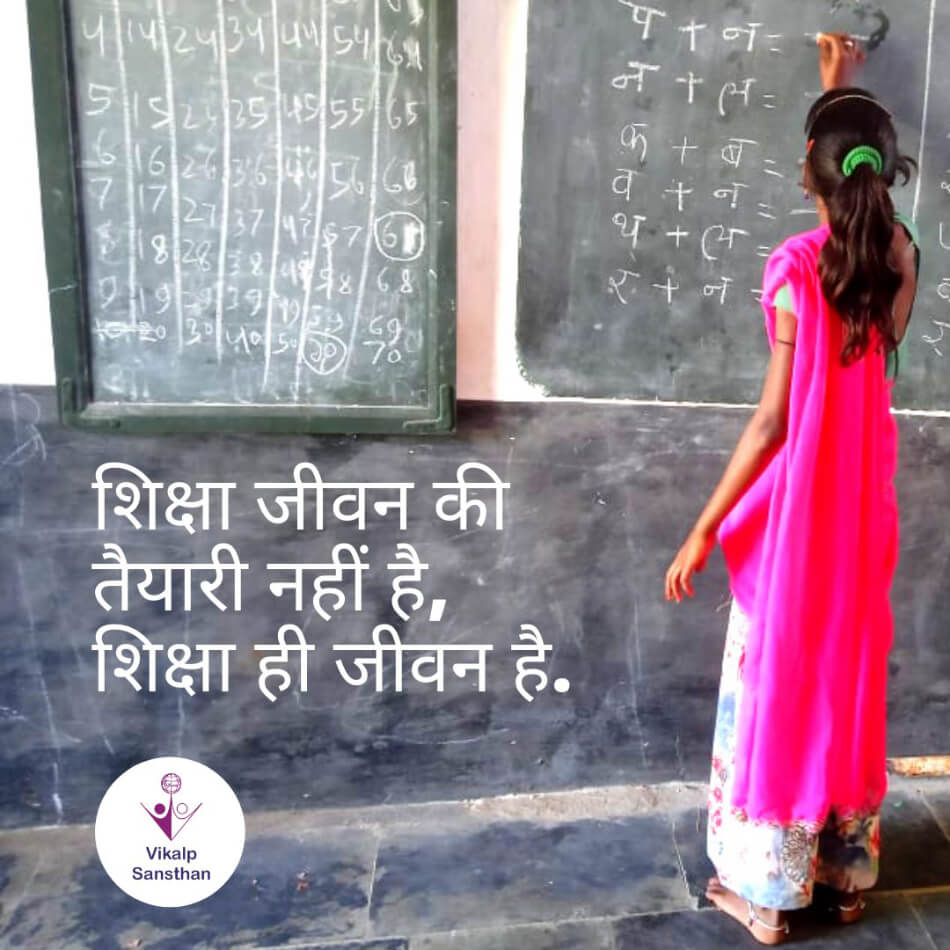
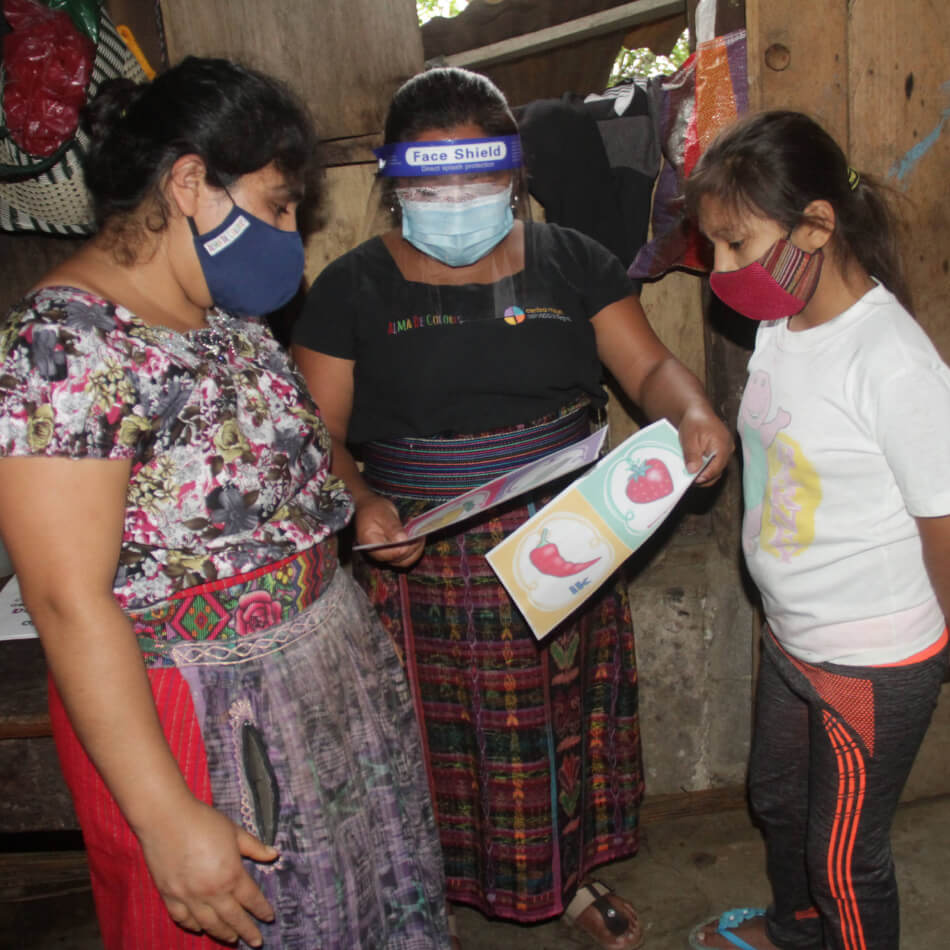
OUR LEARNING AT GOPHIL
Here at GoPhil, we are also students on this journey and we recently shared some of our own learning throughout these months of uncertainty. The situation continues to change daily as the needs of GoPhil partners shift, and we continue to pivot how we work to make the most impact. Linda DeWolf, GoPhil Co-Founder, shares a few of our most valuable lessons.
Today, 258 million children and youth still do not attend school; 617 million children and adolescents cannot read and do basic math; less than 40% of girls in sub-Saharan Africa complete lower secondary school, and some four million children and youth refugees are out of school.
Their right to education is being violated, and it is unacceptable.
• United Nations •
